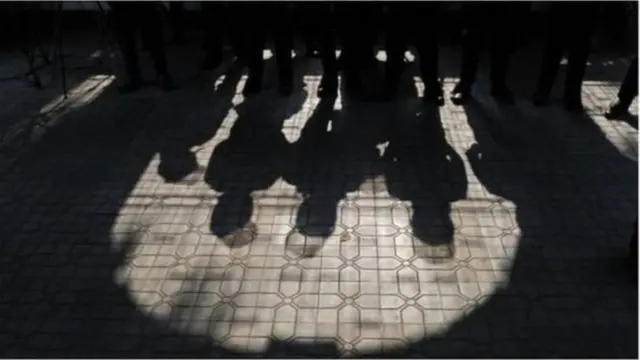
DHAKA, June 28, 2025 BSS)- The interim government instituted Commission on enforced disappearance has said victims of enforced disappearance were frequently exposed to tortures to secure confessions which subsequently affected deeply the judicial system apart from the dampening the civic and political life of theirs and their families.
The commission’s second interim report said the culture of enforced disappearance and tortures of the victims during the past regime penetrated deeply into personal lives, even creating fear within families operating in the safety of their own homes.
“The widespread use of scripted and coercively extracted confessions has deeply distorted the functioning of the criminal justice system simultaneously. In many instances, confessions operate less as a tool for truth-finding and more as a bureaucratic shortcut for conviction,” the report read.
It said the weakness of institutional independence in investigative procedures made these confessions a “ready-made resolution” that avoided the need for evidence collection, witness examination, or accountability for misconduct.
“These results in a fundamental imbalance: confessions become dispositive even when all surrounding circumstances, including illegal detention, torture, and denial of counsel, point to procedural violation,” the report read.
It observed that despite bail being granted in earlier cases, the cases involving custodial confessions have become highly resistant to judicial relief.
“Generally speaking, the prevalent justice system in tandem with the security apparatus was grossly abused by the erstwhile Government of Sheikh Hasina to spearhead efforts to stifle Bangladesh’s vibrant civil society,” the commission observed.
Political opponents of the then ruling Awami League, bold journalists and trade unionists, lawyers belonging to the opposition political camps, and writers and victims fighting for fair play and justice were subjected to intimidation, harassment, duress, and in some cases, false legal charges, arbitrary arrests, enforced disappearances, and extra-judicial killings.
“The filing of fabricated cases often coincided with the election cycle in Bangladesh, compounding the pressure on dissenting voices,” the report said referring to examples of opposition political activists.
The report said since in criminal justice system, the investigating agency, prosecutors and judges play vital roles but if the investigating agency does not carry out the investigation of cases in a lawful, unbiased and impartial manner, the criminal justice becomes a casualty at the end of the day.
This is because the charge sheet of a criminal case is its foundation and if that foundation is weak or shaky because of biased investigation by the Police, there is hardly any scope for fair play.
The investigating officers’ role is important since unless they prosecute the criminal cases efficiently, skillfully and with dedication their actions are bound to be a miscarriage of justice.
The report said since a judge is virtually like an umpire in a cricket match, he is supposed to dispose of the pending cases on the basis of the evidence adduced by both the prosecution and the defence at the trial.
It said at all the three stages of criminal cases, all the three classes of actors -the investigating agency or police, prosecutors and Judges or magistrates should be subjected to accountability and transparency by appropriate monitoring mechanisms.
“If they are found to be neglectful of their duties, proper punitive measures should be taken against them by the concerned authorities,” the commission suggested.